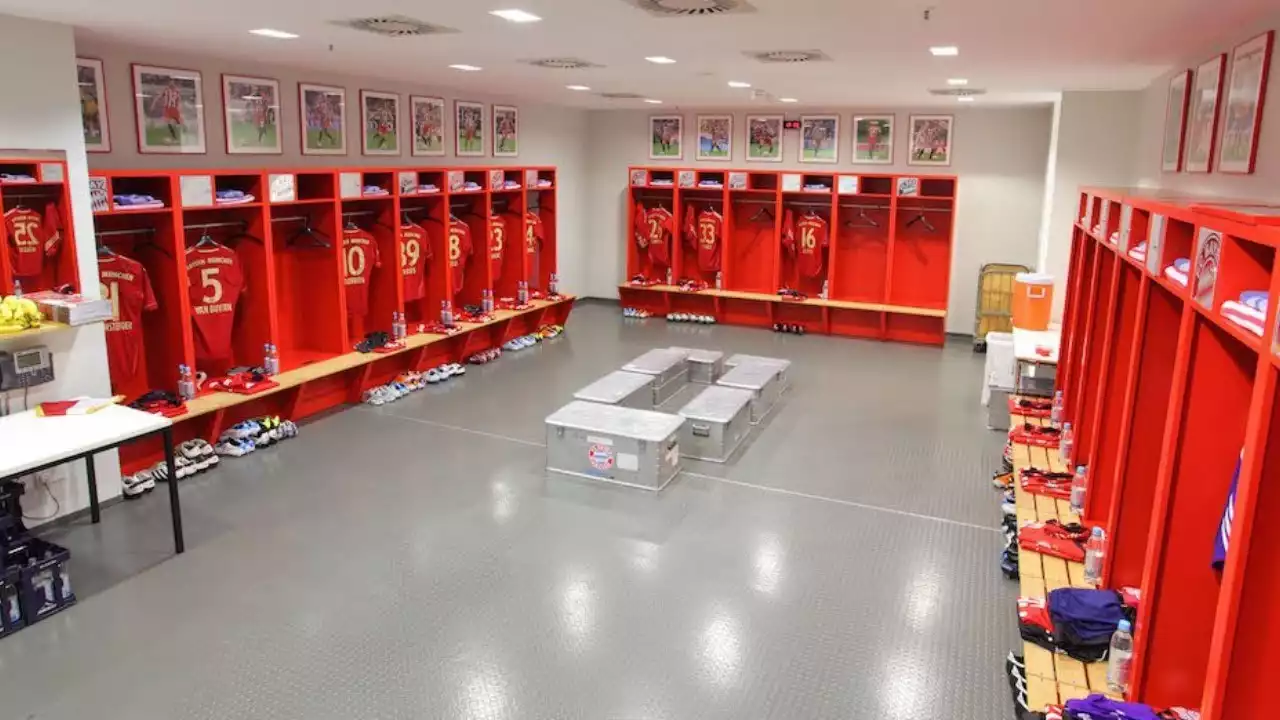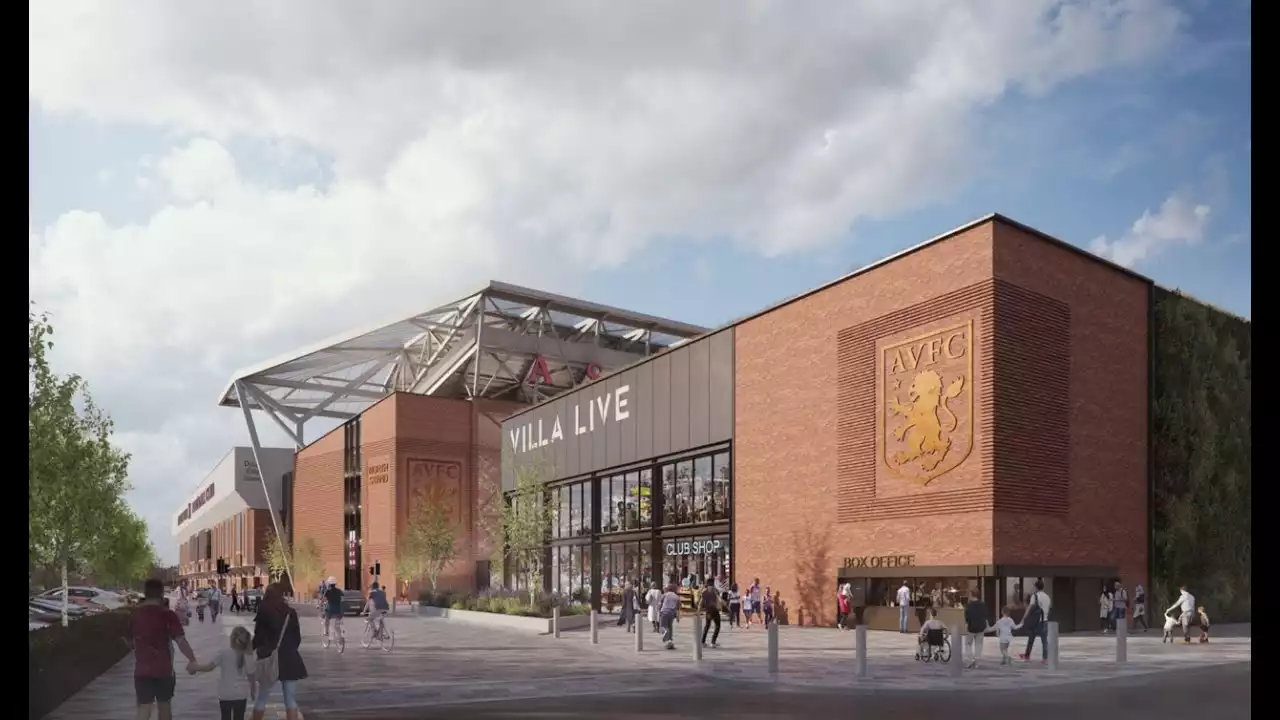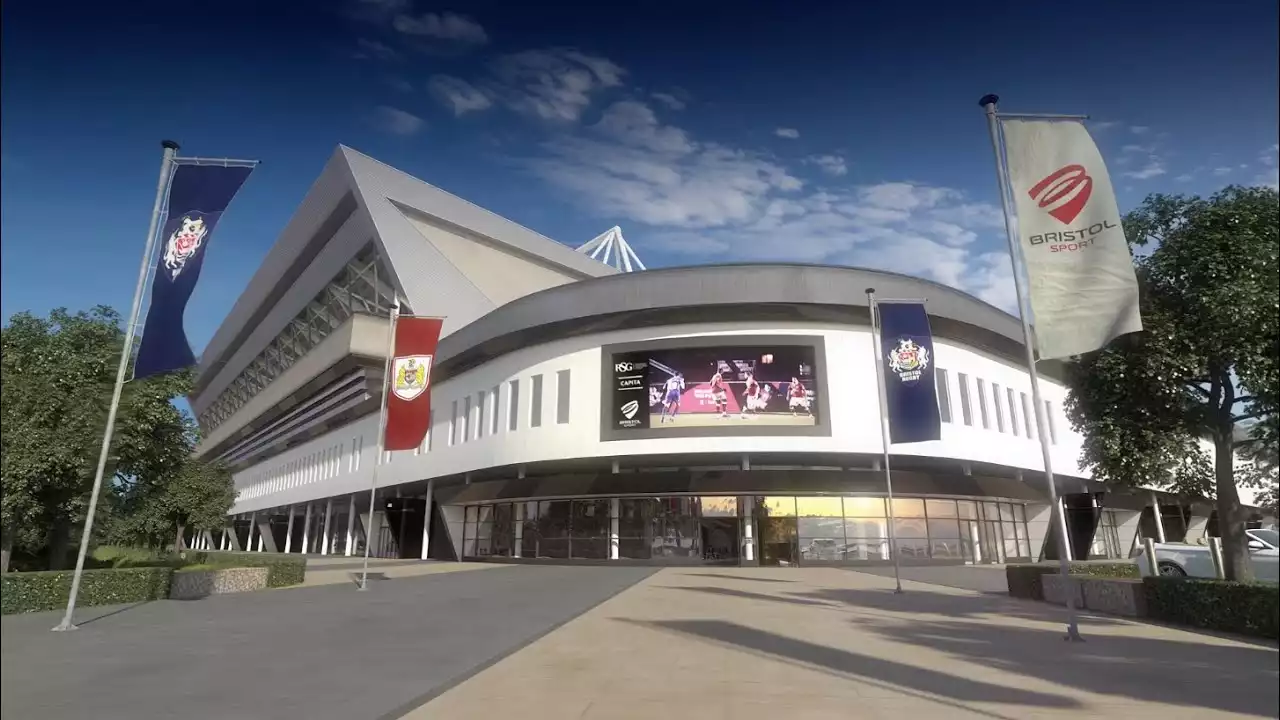The Significance of Home Ground Advantage
The concept of a home ground advantage has been a topic of discussion and debate in the world of football for decades. It refers to the advantage that a team has when playing in their own stadium, surrounded by their fans. This advantage can manifest itself in various ways, such as increased motivation and confidence, familiarity with the playing surface, and the ability to tailor tactics to suit the stadium's unique characteristics.
One of the key factors that contribute to a home ground advantage is the support of the fans. The passionate cheering and chanting can create an electrifying atmosphere that can intimidate the opposition and inspire the home team. The psychological impact of playing in front of a supportive crowd cannot be underestimated. It can boost the morale of the players, making them feel invincible and able to perform at their best.
Furthermore, playing in familiar surroundings can give a team a sense of comfort and confidence. They know the dimensions of the pitch, the quirks of the stadium, and the conditions they are likely to face. This familiarity allows the team to adapt their playing style and tactics accordingly, giving them an edge over the visiting team who may be less familiar with the stadium.
Overall, the significance of a home ground advantage cannot be overstated. It can be the difference between a win and a loss, a promotion or relegation. The stadiums in the EFL Championship play a crucial role in shaping the outcome of games and are an integral part of the fabric of English football.
Case Studies of Stadiums in the EFL Championship
To truly understand the impact of stadiums in the EFL Championship, let's take a closer look at some of the iconic arenas that have become synonymous with the league. These stadiums have witnessed countless memorable moments and have provided the backdrop for epic battles between rival teams.
One such stadium is Elland Road, the home of Leeds United. With a capacity of over 37,000, it is one of the largest stadiums in the Championship. The atmosphere at Elland Road is electric, with the passionate Leeds fans known for their unwavering support. This stadium has witnessed some of the most dramatic moments in the club's history, including their famous run to the UEFA Champions League semi-finals in 2001.
Another notable stadium is Pride Park, home to Derby County. With a capacity of around 33,600, it may not be the largest stadium in the league, but it certainly has its own unique charm. The stadium's intimate atmosphere and close proximity to the pitch create a sense of intensity that can be felt by both players and fans alike. Pride Park has seen its fair share of thrilling encounters and is a fortress that visiting teams find hard to breach.
These are just two examples of the many stadiums in the EFL Championship that have a significant impact on the game. Each stadium has its own character and history, and the teams that call them home are fortunate to have the backing of passionate fans who create an atmosphere like no other.
The Influence of Stadium Size and Capacity
The size and capacity of a stadium can have a profound influence on the game. A larger stadium with a higher capacity can create a more intimidating atmosphere for the visiting team. The sheer volume of noise generated by a large crowd can make communication difficult and disrupt the opposition's game plan. This can give the home team a psychological advantage and make it harder for the visiting team to perform at their best.
On the other hand, smaller stadiums can create a more intimate atmosphere where the fans feel closer to the action. This can create a sense of camaraderie and unity among the home fans, making them feel like the team's 12th man. The close proximity of the fans to the pitch can also make the players feel more connected to the supporters, further boosting their morale and motivation.
It's important to note that the influence of stadium size and capacity goes beyond the psychological aspect. It also has practical implications for the team's revenue and financial stability. A larger stadium with a higher capacity can generate more ticket sales and revenue from merchandise and concessions. This additional income can be reinvested into the team, allowing them to attract better players and improve their overall performance.
In conclusion, the size and capacity of a stadium play a crucial role in shaping the outcome of a game. From the psychological advantage it provides to the financial benefits it brings, the influence of stadium size and capacity cannot be ignored.
The Effect of Stadium Atmosphere on Team Performance
The atmosphere inside a stadium can have a profound effect on team performance. The passionate support of the fans can create an electrifying atmosphere that can inspire the home team and intimidate the opposition. The roar of the crowd, the chanting, and the singing can create a sense of unity and camaraderie among the players, making them feel like they are part of something bigger than themselves.
The psychological impact of a supportive crowd cannot be underestimated. It can boost the morale of the players, giving them the confidence to take risks and perform at their best. On the other hand, a hostile atmosphere created by the opposing fans can have the opposite effect, making it harder for the visiting team to concentrate and execute their game plan.
The stadium atmosphere can also influence the style of play adopted by the teams. In a high-pressure environment with passionate fans demanding attacking football, teams are more likely to take risks and play an exciting, attacking style of football. On the other hand, in a more subdued atmosphere, teams may adopt a more cautious approach, focusing on defensive stability and counter-attacking opportunities.
Overall, the stadium atmosphere plays a crucial role in team performance. It can provide a much-needed boost to the home team and create a sense of intimidation for the visiting team. The fans are an integral part of the game, and their support can make all the difference.
Economic Impact of Stadiums on Local Communities
Stadiums in the EFL Championship have a significant economic impact on the local communities they are situated in. They attract thousands of fans on match days, who not only spend money on tickets but also on food, drinks, merchandise, and other related expenses. This influx of visitors can have a positive effect on local businesses, boosting their revenue and creating jobs.
Furthermore, stadiums often host other events besides football matches, such as concerts, conferences, and exhibitions. These events attract a diverse range of people, further contributing to the local economy. Hotels, restaurants, and other businesses benefit from the increased demand for their services, creating a ripple effect throughout the community.
Stadiums also serve as a focal point for the community, bringing people together and creating a sense of pride and identity. They are often used for community events, charity functions, and other social gatherings. This further strengthens the bond between the team, the stadium, and the local community.
It's important to note that the economic impact of stadiums goes beyond match days and events. Stadium development projects often involve significant investment in infrastructure, such as roads, parking facilities, and public transportation. This investment not only improves the accessibility of the stadium but also benefits the local community as a whole.
In conclusion, stadiums in the EFL Championship have a significant economic impact on the local communities they are located in. They attract visitors, create jobs, and contribute to the overall development of the area. The economic benefits of stadiums extend far beyond the game itself and play a crucial role in the social and economic fabric of the community.
Technological Advancements in Stadium Design
Stadium design has come a long way in recent years, with technological advancements revolutionizing the fan experience. From state-of-the-art video screens to high-speed Wi-Fi connections, stadiums are now equipped with the latest technology to enhance the match day experience for fans.
One of the most notable technological advancements in stadium design is the implementation of video screens. These giant screens provide fans with a close-up view of the action, ensuring that no detail is missed. They also display replays, statistics, and other relevant information, keeping fans informed and engaged throughout the game.
Another significant development is the integration of high-speed Wi-Fi connections. This allows fans to stay connected and share their match day experiences on social media. They can upload photos and videos, check live scores, and interact with other fans around the world. This not only enhances the fan experience but also creates a sense of community among supporters.
In addition to video screens and Wi-Fi, stadiums now offer a range of other technological features, such as contactless payment systems, interactive touchscreens, and augmented reality experiences. These innovations not only improve the convenience and efficiency of the stadium, but also create a more immersive and interactive experience for fans.
Technological advancements in stadium design are not only beneficial for fans but also for the teams and the stadium operators. They allow for more efficient operations, better crowd management, and improved safety and security measures. Overall, technological advancements have transformed the way stadiums are designed and have significantly enhanced the match day experience for fans.
Best Practices for Creating a Home Ground Advantage
Creating a home ground advantage is not just about having a stadium and a passionate fan base. It requires careful planning and execution to maximize the impact of the home crowd and create an environment that gives the home team an edge over their opponents.
One of the key factors in creating a home ground advantage is the design of the stadium itself. The layout, acoustics, and seating arrangements can all contribute to the atmosphere and enhance the fan experience. The stadium should be designed in a way that maximizes the noise generated by the fans and creates an intimidating environment for the visiting team.
Another important aspect is the engagement with the fans. Teams should strive to create a strong connection with their supporters and make them feel valued and involved. This can be done through various means, such as fan forums, meet and greets with players, and exclusive events. The more connected and invested the fans feel, the more likely they are to create a passionate and supportive atmosphere on match days.
Furthermore, teams should focus on creating a winning culture and instilling a sense of pride and identity among the players. This can be achieved through effective leadership, clear communication, and a commitment to excellence. The players should understand the importance of the home ground advantage and be motivated to perform at their best in front of their own fans.
Lastly, teams should leverage technology to enhance the match day experience for fans. This could include implementing high-speed Wi-Fi connections, providing interactive touchscreens, and offering other digital services. By embracing technology, teams can create a more immersive and engaging experience for fans, further enhancing the home ground advantage.
In conclusion, creating a home ground advantage requires a combination of factors, including stadium design, fan engagement, team culture, and technological advancements. By adopting best practices and focusing on these areas, teams can maximize the impact of their home ground advantage and create an environment that gives them a competitive edge.
Challenges and Controversies Surrounding Stadium Development
While stadiums play a crucial role in the EFL Championship and have a significant impact on the game, their development is not without challenges and controversies. One of the main challenges is the cost of stadium construction and maintenance. Building a modern stadium with state-of-the-art facilities requires significant investment, and not all teams have the financial resources to undertake such projects. This can create a disparity between teams and make it harder for smaller clubs to compete on an equal footing.
Another challenge is the issue of stadium ownership and control. In some cases, stadiums are owned by local authorities or private entities, which can create conflicts of interest and limit the control that teams have over their own stadiums. This can lead to issues regarding stadium access, scheduling conflicts, and revenue sharing.
Stadium development can also face opposition from local communities and environmental groups. The construction of new stadiums often requires the use of land and resources, which can have a negative impact on the environment. Communities may also have concerns about increased traffic, noise, and other disruptions associated with stadium development. Balancing the interests of the team, the local community, and the environment can be a complex and contentious process.
Controversies surrounding stadium development are not limited to the construction phase. The financing and management of stadiums can also be a source of controversy. Some stadiums rely heavily on public funding, which can be a contentious issue, especially in times of economic hardship. There have also been cases of mismanagement and financial difficulties, leading to the closure or sale of stadiums.
In conclusion, stadium development in the EFL Championship is not without challenges and controversies. The cost, ownership, and control of stadiums, as well as environmental concerns and community opposition, can all pose significant hurdles. It is important for teams, local authorities, and communities to work together to find solutions that balance the needs of all stakeholders and ensure the long-term sustainability and success of the stadiums.
The Enduring Impact of Stadiums in the EFL Championship
Stadiums in the EFL Championship have stood the test of time and have left an enduring impact on the game. They are more than just physical structures; they are symbols of passion, history, and identity. They have witnessed the highs and lows of teams, the joy and heartbreak of fans, and the evolution of the game itself.
The enduring impact of stadiums goes beyond the game itself. They are often landmarks that define a city or a region. They attract visitors from all over the world, who come to experience the unique atmosphere and witness the drama and excitement of a live football match. The stadiums become part of the fabric of the community, creating a sense of pride and unity among supporters.
Furthermore, stadiums serve as a stage for the next generation of football stars. They provide a platform for young players to showcase their skills and fulfill their dreams. The memories created within the walls of a stadium can last a lifetime and inspire future generations of players and fans










